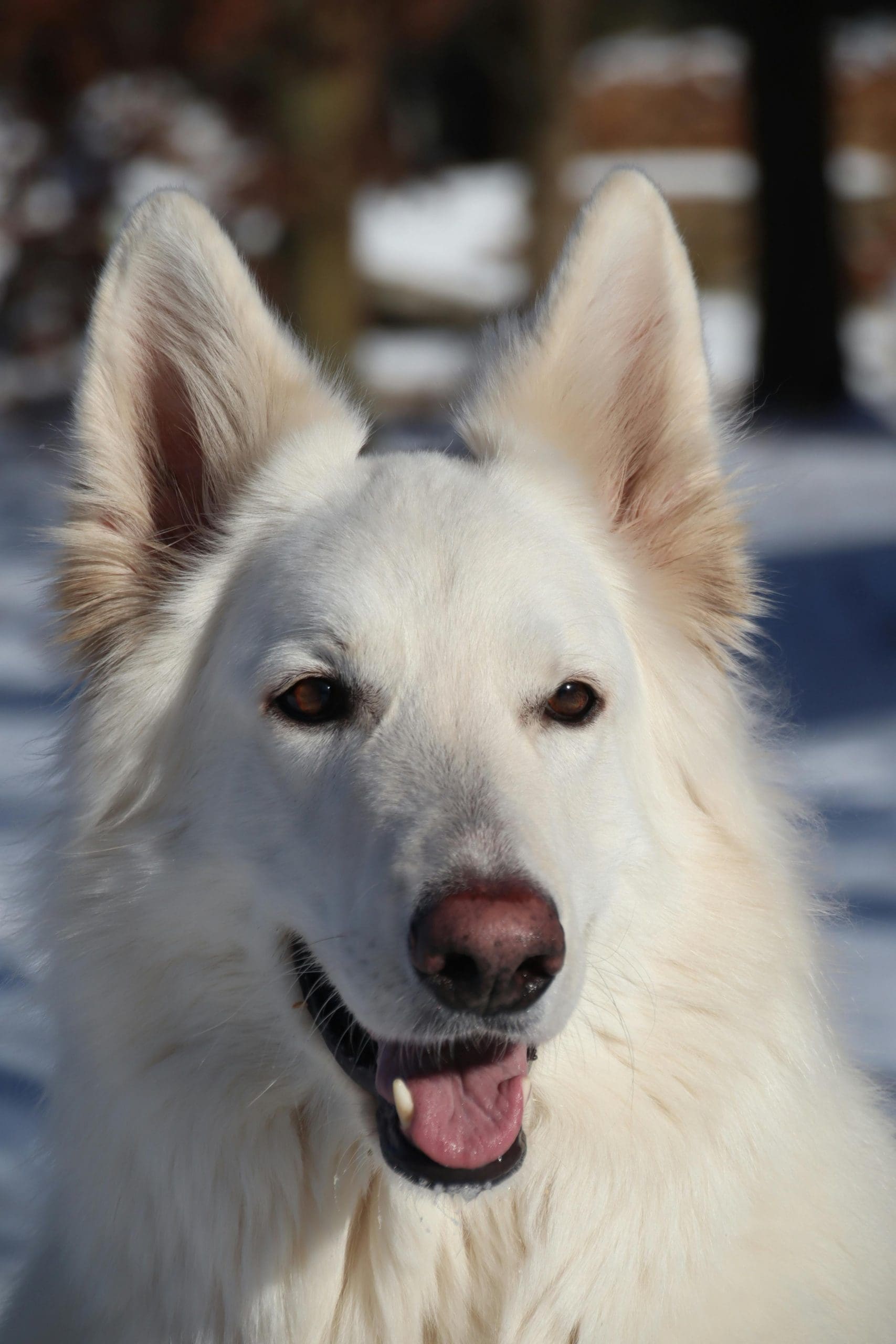How Much Melatonin Can I Give My Dog?
Post Date:
December 10, 2024
(Date Last Modified: December 10, 2024)
Melatonin has become a popular natural remedy for dogs dealing with anxiety and sleep disturbances. Pet owners often seek ways to help their furry companions, and melatonin can be beneficial when used correctly. It’s important to understand the appropriate dosage and safety considerations before offering this supplement to your dog.
What is Melatonin?
Melatonin is a hormone that regulates sleep-wake cycles. While it is commonly used in humans for insomnia and jet lag, it can also assist dogs with similar issues. However, each dog may respond differently, and the right dosage depends on several factors, including size, age, and overall health.
Consult Your Veterinarian
Before giving melatonin to your dog, consult your veterinarian. They can provide personalized recommendations based on your dog’s unique needs. This step is crucial, especially if your dog has existing health issues or is taking other medications that may interact with melatonin.
Determining the Right Dosage
Dosage for dogs typically ranges from 1 mg to 6 mg, depending on weight. Smaller dogs may require lower doses, while larger breeds might need more. A good practice is to start with a lower dose and monitor your dog’s response before making adjustments.
For instance, a small dog weighing about 10 pounds might benefit from a dose of 1 mg, whereas a larger dog over 100 pounds may need up to 6 mg. It’s advisable to administer melatonin 30 minutes to an hour before bedtime or before stressful events like thunderstorms or fireworks.
Potential Side Effects
While melatonin is generally safe for dogs, some may experience mild side effects, including drowsiness, digestive upset, or behavioral changes. If you notice any unusual symptoms after administering melatonin, consult your veterinarian immediately to assess the situation and determine the best course of action.
Choosing the Right Product
When selecting melatonin for your dog, ensure that it is specifically formulated for pets. Many over-the-counter supplements may contain additional ingredients harmful to dogs. Look for products that contain only melatonin, free of added sugars, artificial flavors, or sweeteners like xylitol, which is toxic to dogs.
Other Uses of Melatonin
In addition to addressing anxiety and sleep issues, melatonin may be helpful for certain medical conditions in dogs. Some studies indicate that it might benefit dogs with skin disorders or those undergoing cancer treatment. Always discuss these potential uses with your veterinarian to evaluate safety and suitability.
Timing and Frequency of Administration
Consider the timing and frequency of melatonin administration. For occasional anxiety, such as during travel or vet visits, you may only need to give it as needed. For chronic anxiety or sleep problems, regular dosing may be necessary. Monitoring your dog’s response over time is vital for determining the effectiveness of the treatment.
Observing Your Dog’s Behavior
After giving melatonin, closely observe your dog for any changes in behavior or health. Keeping a journal of your observations can be helpful for discussions with your veterinarian. This record can provide insights into how well the treatment is working and any side effects that may arise.
Additional Strategies for Managing Anxiety
In addition to melatonin, consider other strategies for helping your dog cope with anxiety. Behavioral training, environmental adjustments, and calming aids can all contribute to a more relaxed pet. Creating a safe and quiet space during stressful situations and ensuring your dog receives plenty of physical activity and mental stimulation can be beneficial.
Addressing Underlying Causes
It’s important to evaluate the root causes of your dog’s anxiety or sleep issues. Environmental stressors—such as loud noises or changes in routine—can contribute significantly to anxiety. Identifying and addressing these factors can be just as crucial as any treatment you choose.
Melatonin can be an effective option for managing anxiety and sleep disturbances in dogs when used thoughtfully. Always prioritize your dog’s health and well-being by consulting with a veterinarian before starting any new supplement. With the right approach, you can help your furry friend enjoy a calmer and more fulfilling life.






